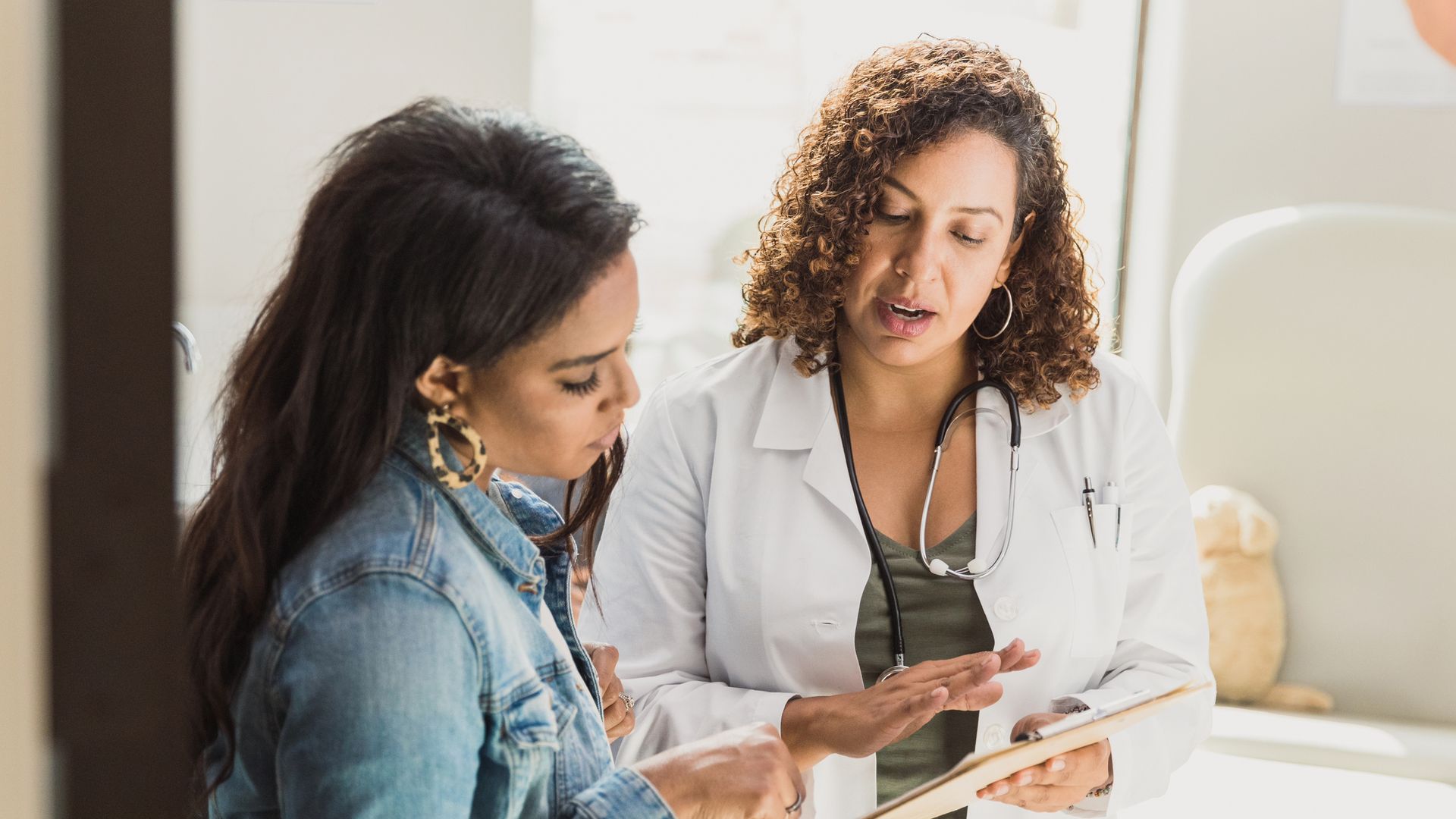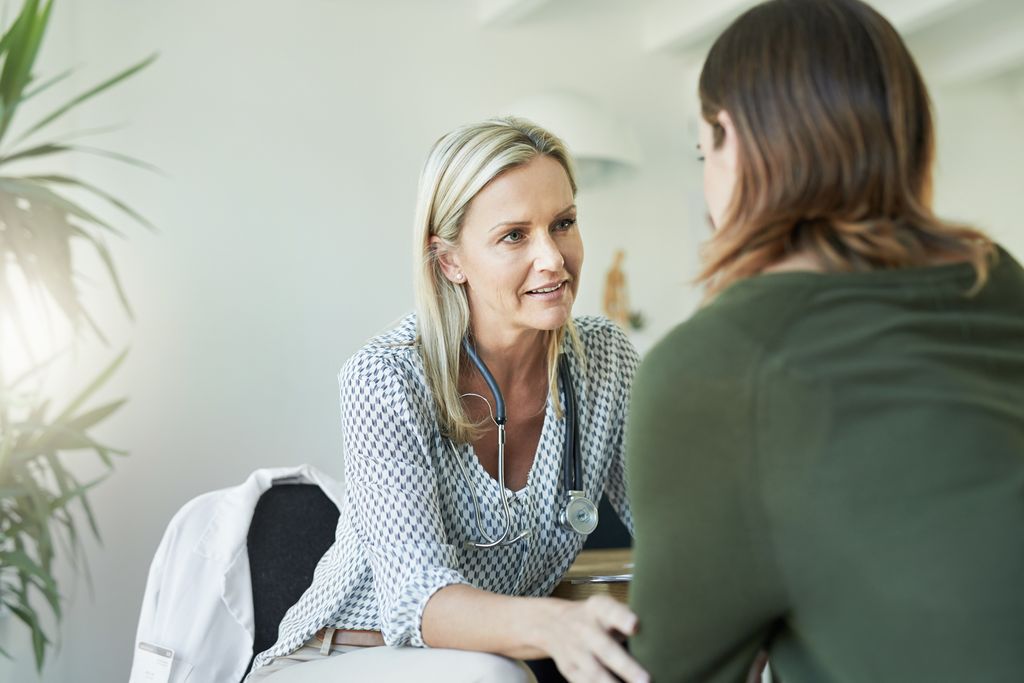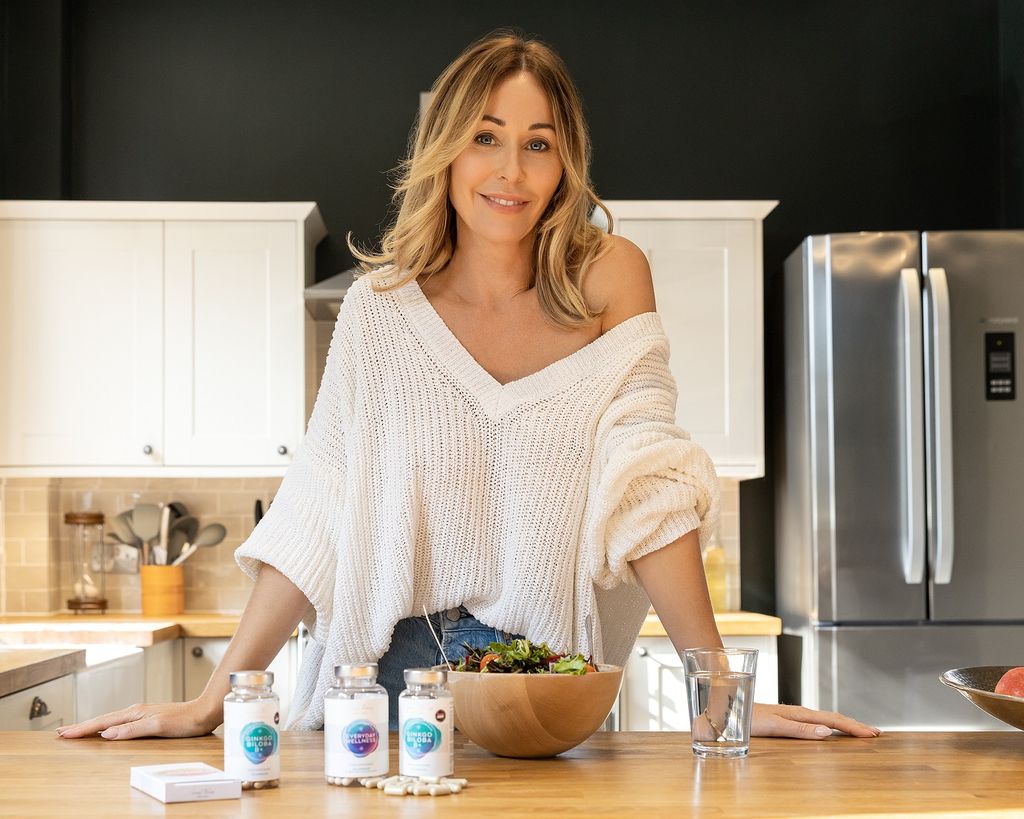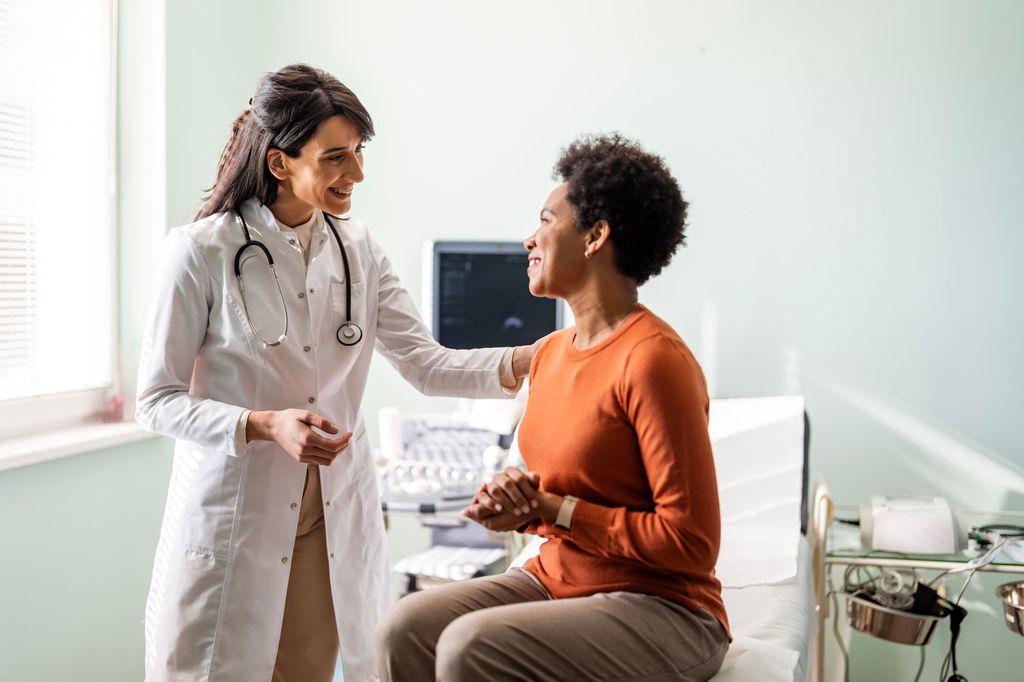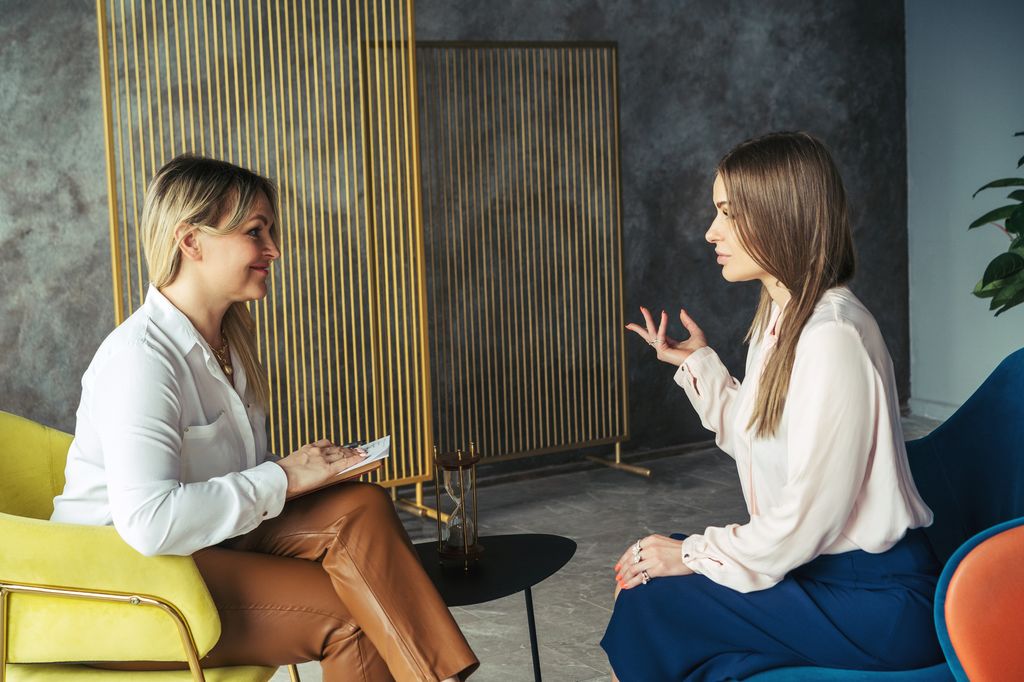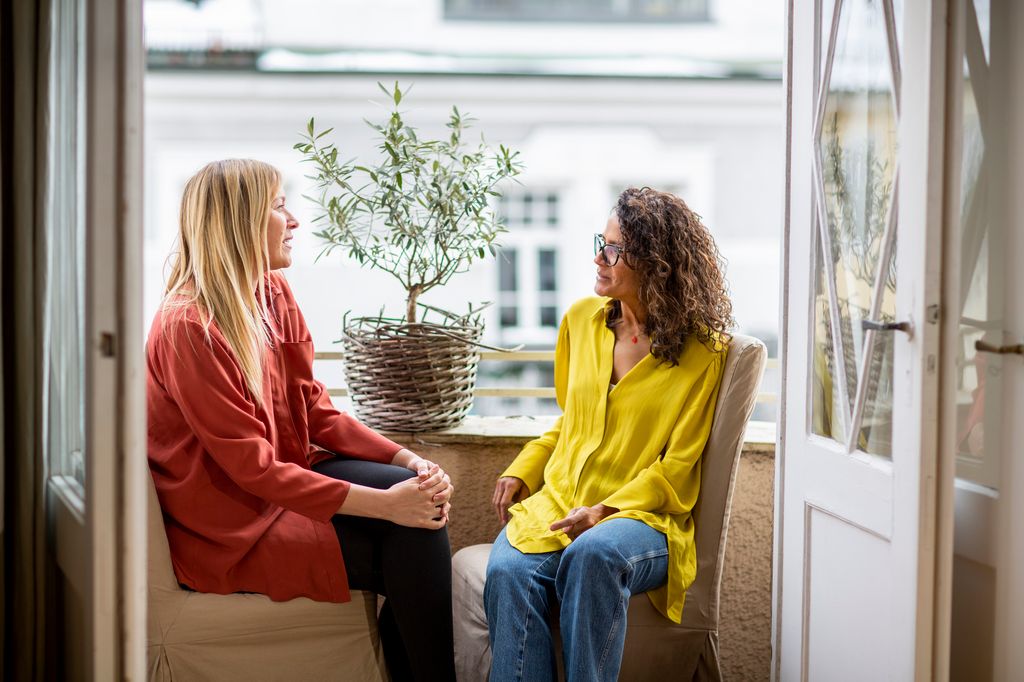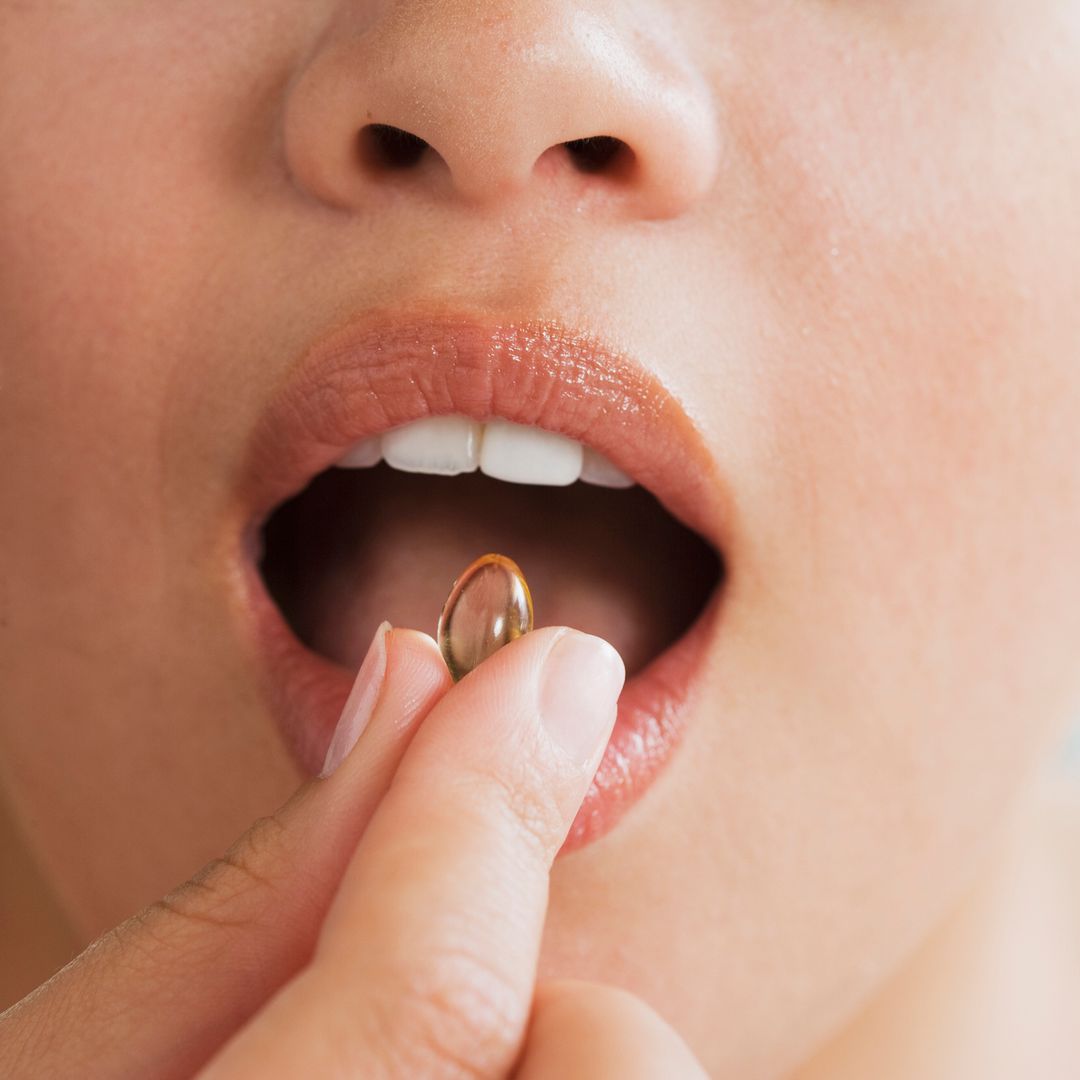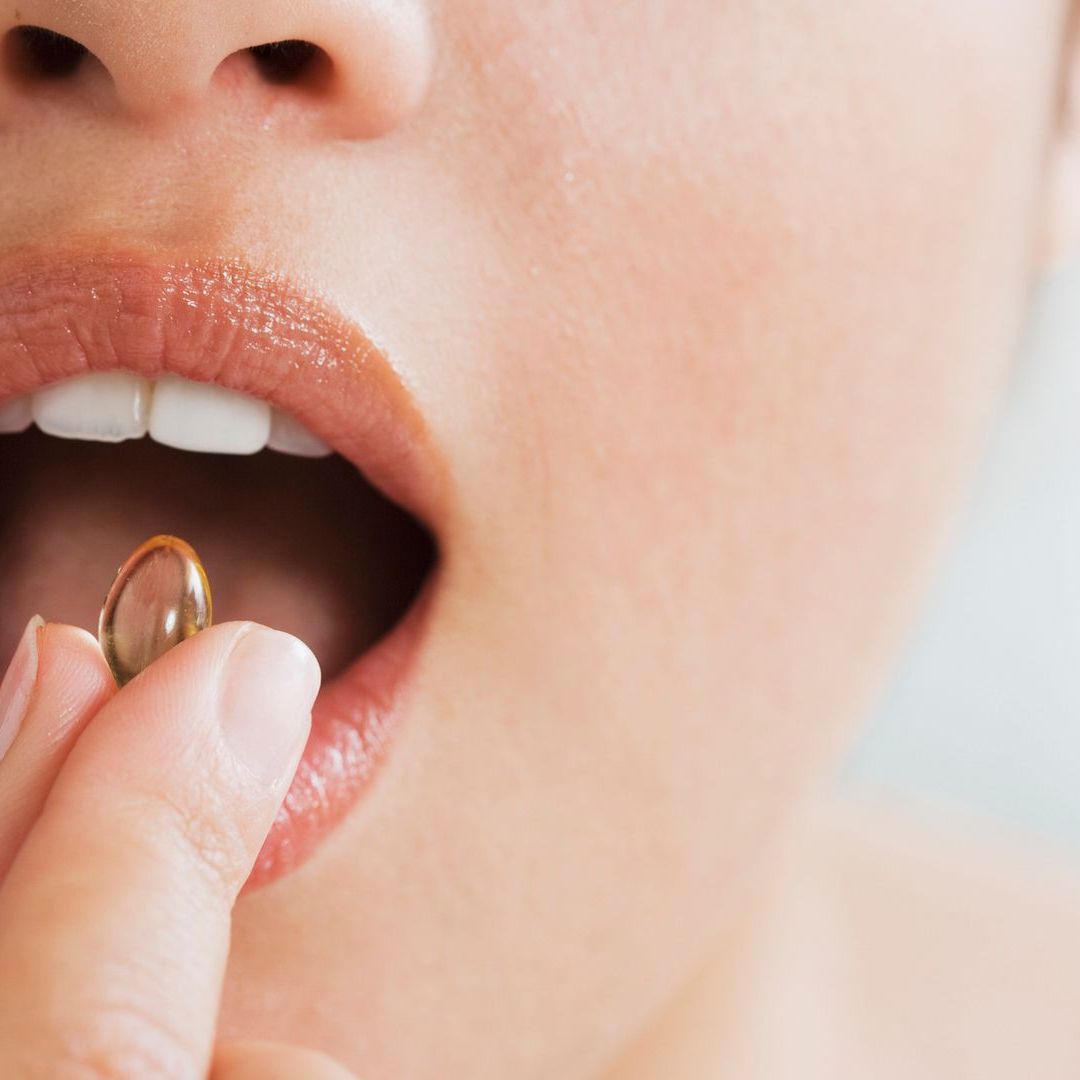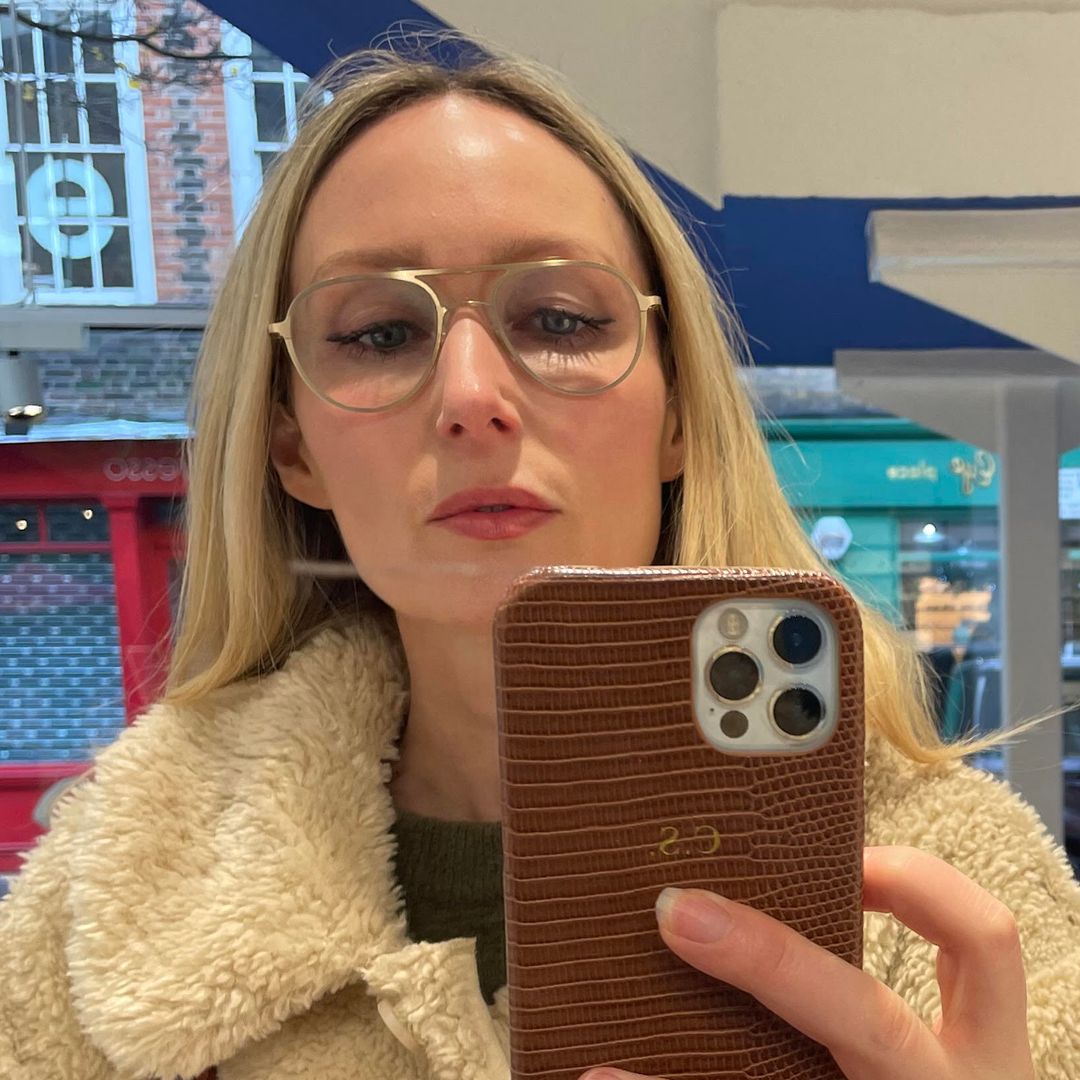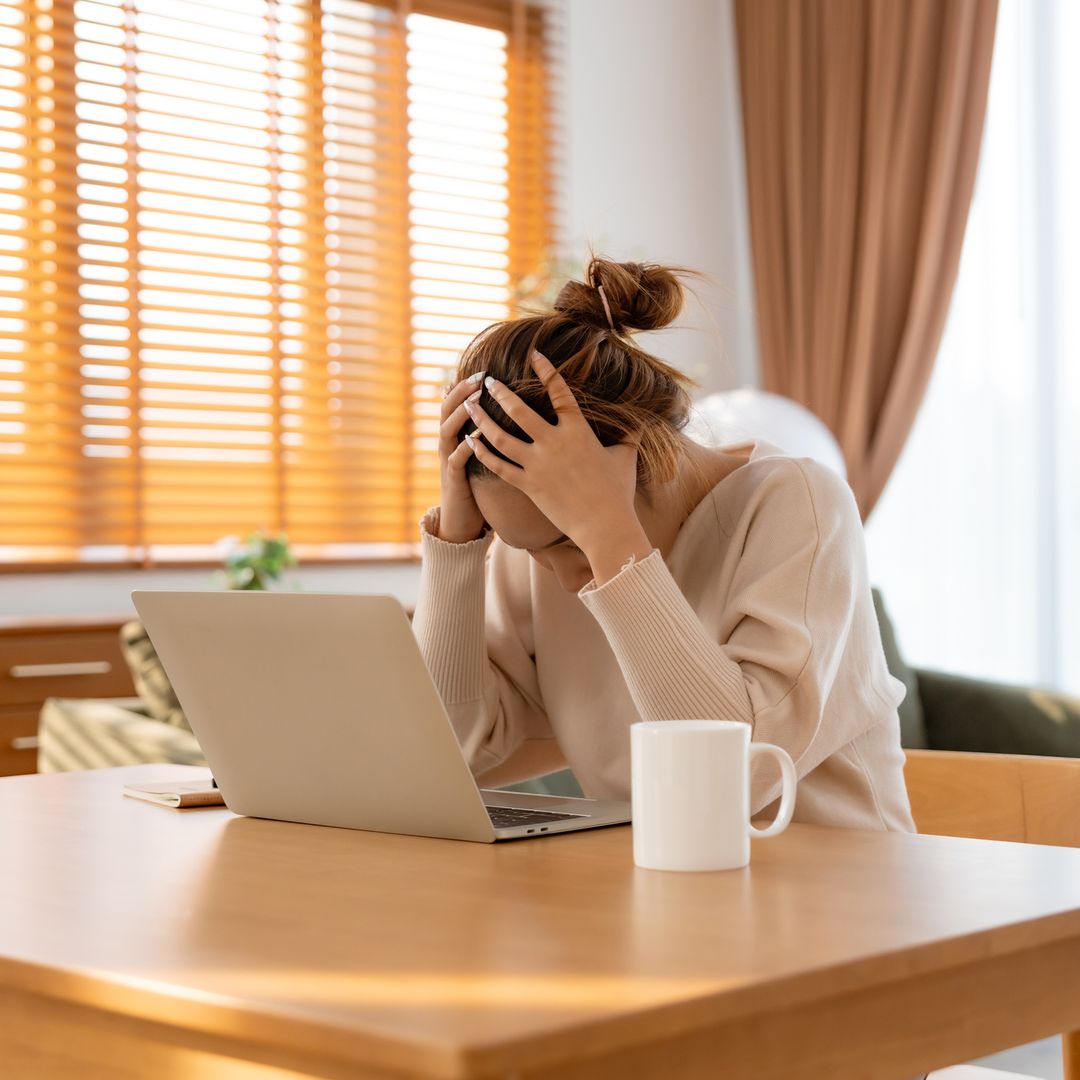Last week, the BBC's Panorama aired an episode dedicated to the menopause industry. The 30-minute show, titled 'The Menopause Industry Uncovered', saw presenter Kirsty Wark explain that women are "drowning in menopause information."
She continued that many of the products marketed at women in menopause have not been trialled for effectiveness, and revealed that women are turning to private menopause clinics for help.
NHS doctors in the episode cast a shadow of doubt over the safety of private menopause clinics, while women in the documentary shared they'd be overprescribed HRT by the clinics, resulting in health complications.
A spokesperson for the NHS added that they were seeing an increase in patients experiencing complications from taking a high dose of HRT.
The episode contributed to the already loud discussion around menopause, with some doctors HELLO! spoke to lamenting that it could put further women off seeking help for their symptoms.
"In an ideal world there would be easy access to GPs, menopause clinics and specialists and medications, unfortunately, this isn't always the case," says Dr. Philippa Kaye, author of The Science of Menopause.
While the perfect scenario would see menopause effectively funded via the NHS, meaning all women could access the care needed, Dr. Kaye defends private menopause clinics, adding: "Private clinics provide easy access to doctors, of course, at a cost but can improve waiting times and give you as much time as you need."
Wellness expert Simone Thomas, who has sought help from a private menopause clinic herself, adds: "The show understandably raised concerns among women about the safety of private menopause clinics, particularly with claims of overprescribing hormone replacement therapy (HRT).
"These concerns are valid, but they shouldn't overshadow the immense benefits that reputable private clinics provide. It's important to balance the conversation, highlighting the personalised and comprehensive care offered by clinics, where I have personally received care for the past two years."
SHOP: Menopause skincare: 10 essentials for menopausal women plus expert advice
Benefits of private menopause clinics
HELLO! works closely with the charity Wellbeing of Women, who campaign for all women to be supported in the NHS if they need help, and we wholeheartedly agree.
Wellbeing of Women added that they were concerned the BBC show would discourage women from seeking treatment if they need it, so HELLO! asked Simone to share her insight on the benefits of private menopause clinics, to reassure women they can be safe.
1. Comprehensive, personalised care
One of the biggest advantages of private clinics is the amount of time they are able to dedicate to each patient. Private menopause clinics offer longer consultations up to an hour and a half, giving clinicians the opportunity to really understand your individual symptoms, medical history and lifestyle.
Where I've been treated, the focus is on listening. I was never rushed through an appointment; instead, the team took the time to understand my body and what it needed.
Women deserve to feel heard, understood, and supported and the clinic I visited did just that.
2. Fast results
Another major benefit of private clinics is the ability to get results quickly. You're able to discuss your symptoms in detail and often receive same-day results for tests such as body composition scans, ultrasound scans to investigate vaginal bleeding and bone strength scans.
If blood tests are needed, results are typically available within 10 days and in some cases might be offered prior to your appointment with the specialist.
This rapid response is invaluable for women in perimenopause or menopause, as it provides comfort and reassurance. Knowing your hormone profile, which is usually tested through blood work, offers key insights into what’s happening in your body. It’s like an MOT for women’s health, allowing us to address issues promptly and effectively, and make informed decisions about our treatment and one that is tailored to your needs.
READ: Menopause as a single mum overwhelmed me – this is the support I wish I'd had
3. Deeper insights into your health
Private clinics often have access to advanced diagnostic tools and tests, which allow for a deeper insight into a your health.
From hormone level testing to bone density scans, these assessments help shape a targeted and effective treatment plan.
For me, this level of testing was key to fully understanding what was happening in my body. The ability to identify the exact changes in my hormone levels and other health markers allowed my treatment to be more finely tuned.
4. Ongoing monitoring
A key issue raised by 'The Menopause Industry Uncovered' was the suggestion that some private clinics are overprescribing HRT. While it’s important to recognise that not all clinics operate in the same way, reputable clinics offer personalised HRT prescriptions which are closely monitored during the time a client is with a clinic.
My HRT was prescribed after careful consideration of my personal health needs. The clinic schedules regular follow-up appointments to track my progress and adjust my treatment where necessary. This level of ongoing support has been invaluable knowing that I’m not navigating menopause alone, but have a team of specialists guiding me through the process.
NEED TO KNOW: I'm a 48-year-old female GP – this is what I tell my friends about menopause
In cases like mine, where initial results indicated low oestrogen levels, the clinic adjusted my dosage to help me reach optimal levels. This close observation and tailored approach to treatment have made a significant difference in my wellbeing.
Protecting yourself in menopause
While Simone had a positive experience, the BBC's documentary shed light on the fact that it's sadly not always the case.
"For decades, women's health has been underfunded and under-researched, as such there are often knowledge gaps where we simply do not have enough information about certain areas," laments Dr. Kaye. "It is easy for misinformation to fill that gap. And even where we do have a good evidence base, there is still a lot of misinformation surrounding menopause!
"The internet has brought many positives, and keeps us connected, but there is also lots of incorrect information online. My rule of thumb is that if someone is trying to sell you a product such as a menopause supplement, then look very carefully at the information they are telling you, as it may have been cherry picked to support what they are trying to sell you!
"The best way to protect yourself is to get informed so that you can question where needed," she adds.
Simone agrees with Dr. Kaye, advising: "Stay informed, but don't panic. It's important to be proactive about your health, but don't let fear stop you from seeking help. Ask questions, get second opinions, and make informed decisions about your treatment."
READ: Menopause-washing: How to tell if a meno-friendly product is worth your money
If you do want to seek help from a private clinic, Simone advises: "Always research the clinic you're considering. Look for well-established practices with experienced practitioners, good reviews, and a commitment to patient care.
"Ensure that the clinic follows evidence-based guidelines for HRT and other treatments. A reputable clinic will prioritise your safety and wellbeing, offering the treatments that are most appropriate for your condition.
"The opportunity to receive personalised, in-depth care that considers both physical and emotional wellbeing has been life-changing. If you’re considering private menopause care, do your research, find a reputable clinic, and take control of your health journey with confidence. You deserve to feel your best at every stage of life."

